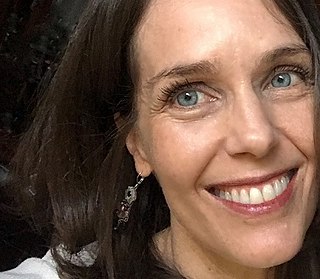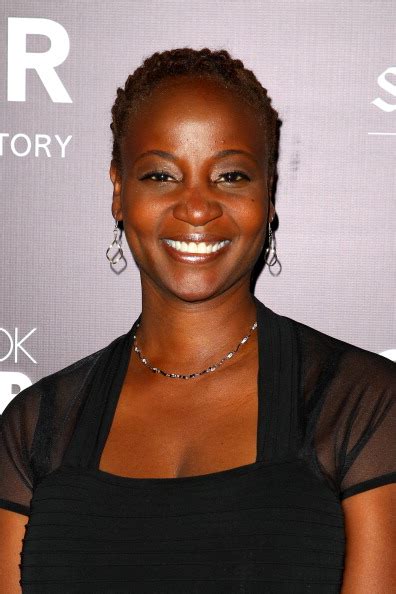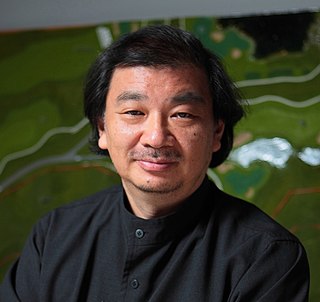A Quote by Julian Barnes
It took me some years to clear my head of what Paris wanted me to admire about it, and to notice what I preferred instead. Not power-ridden monuments, but individual buildings which tell a quieter story: the artist's studio, or the Belle Epoque house built by a forgotten financier for a just-remembered courtesan.
Related Quotes
Being here by the ocean in Malibu. Living in this beautiful house that we built, that took so long to build. Being in my art studio, painting. Packing my bags tomorrow to go home to Kauai where we have a house. Which all sounds very grand, and I suppose it is, in some respects, but nothing comes from nothing. It all comes from hard work.
The Danger of a Single Story”, which has resonated with me immensely every time I read it. “Power is the ability not just to tell the story of another person, but to make it the definitive story of that person. The Palestinian poet Mourid Barghouti writes that if you want to dispossess a people, the simplest way to do it is to tell their story, and to start with, “secondly.
I wrote Her First American and I always say it took me eighteen years. It took me that long was because after about five years I stopped and wrote Lucinella. I got stuck; it was too hard to write. Lucinella felt like a lark. I wanted to write about the literary circle because it amused me, and I allowed myself to do what I wanted to do. It's just one of the things I'm allowed to do if I feel like it.
I think a lot of people - by the time I came back with a script I liked, which took me many years, they'd forgotten who I was. Doors all the time are slamming, you meet friends that you've had for years, you'd go to the studio, and they'd say things to indicate clearly that they hadn't read it, or that they'd had their assistant sort of skim it. They wouldn't buy it. They wouldn't make it.
My teacher introduced me to this photographer Eugène Atget. He was a French photographer in the late 1800s up until 1927 in Paris. He didn't consider himself an artist, but he was probably one of the artists of the 20th century. This guy documented all of Paris during those years. It's unbelievable. The books are phenomenal. The Museum of Modern Art has all his stuff now and [American photographer] Berenice Abbott saved his work. Not very much is known about his life, but the work is unreal and it totally spoke to me. He was the only artist for a number of years that I cared about at all.
I have a general feeling that writers and artists who are in this peculiar situation, of being a persecuted artist, all anyone ever asks about is the persecution. It may well be that's the last thing in the world they want to talk about. There were many years in which every journalist in the world wanted to talk to me, but nobody wanted to talk to me about my work. That felt deeply frustrating because I felt there was an attempt to stifle me as an artist. The best revenge I could have was to write.
I want to be remembered as kind and generous of spirit and someone who loved to laugh and that I never took my blessings or other people for granted. That the stories I chose to tell benefited the world in some way instead of taking away from it. When I am remembered, I want that person to have a smile on their face.
For me, there's no difference between what's temporary and what's definitive. I built the church in Kobe, which was supposed to be temporary, and people liked it so much that there's a version of it still there today - unlike some concrete buildings that were just built for money and that can be destroyed from one day to the next. Concrete can be very fragile during earthquakes.






































